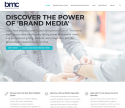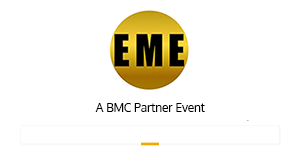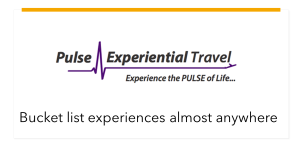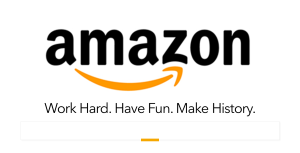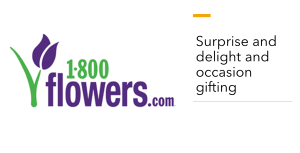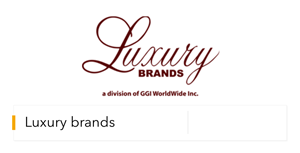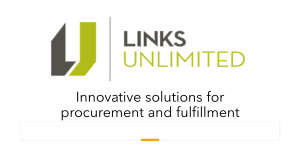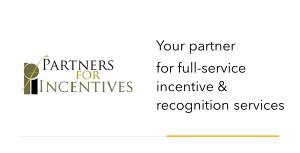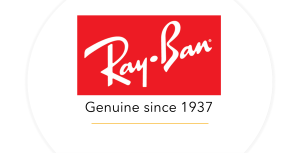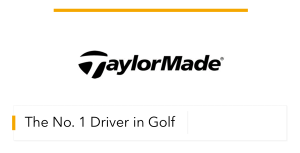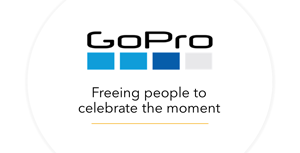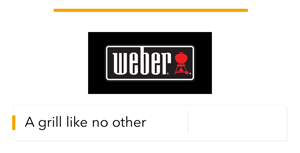News Analysis: Another Unexpected Byproduct of True Brand Engagement
Twenty years of research on incentives, performance, rewards and recognition, as well as more recent work in the field of brand personality, demonstrate how organizations can better tell their own stories through the brands they select for use in gift, promotion, reward and fundraising efforts.
By Bruce Bolger
By Bruce Bolger
Over the years, ESM has written extensively about the concept Brand Engagement, most recently in our top story on Denise Lee Yohn’s recent article in the Harvard Business Review. The hypothesis of Brand Engagement, a concept apparently born in the U.K. in the 1990s, is that passion for an organization and its products and services translate into tangible value in terms of stakeholder engagement because of the greater commitment of customers, employees, distribution partners, vendors and everyone in its community. The creation of a new Brand Experience Coalition by RRN and its sponsors, supported by the Enterprise Engagement Alliance, demonstrates another byproduct of true brand equity: The growing understanding that popular national or regional brands make great promotional products, gifts, promotions, rewards and recognition, not only because people desire them, but because great brands tell a story. In effect, gifts and rewards are a powerful, often overlooked media for telling your organization’s own story through its promotional products, business and event gifts, promotions, rewards and recognition.
Unexpected Findings About the Reward Experience
When the original SITE Foundation* was launched over 20 years ago, the goal was to: 1) foster the creation of research on the return-on-investment of what were then called incentive and later performance or “people performance management” strategies, and 2) better understand the impact of non-cash rewards. The research efforts, aggressively embraced by what later became the Incentive Research Foundation at TheIRF.org under the leadership of Melissa Van Dyke, and also by independent researchers interested in the source of workplace and customer motivation, produced extensive proof of the connection between incentive programs that address all the key elements of engagement and sustainable performance.
Multiple research projects also identified some unanticipated but logical results related specifically to the role of rewards, recognition and gifts. Research studies have established that it’s the actual selection and personalization, along with the reward or gift experience itself, that carry the most emotional weight for the recipient and his or her significant others, and that the buzz created helps communicate core values, as well as the attitudes and behaviors that support them. In other words, gifts, promotions, rewards and recognition aren’t just incentives, they’re communication tools that can help organizations meaningfully demonstrate their commitment to stakeholders and tell a better story about their own brand.
This brand reinforcement effect is explained by another marketing concept known as Brand Personality. This approach aims to define organizations by their personalities—i.e., what the organization would be like if it were a person. This is somewhat like the concept of “customer personas” espoused by the founders of the Hubspot Inbound marketing field. In both cases, the goal is to better understand how to define and deliver a brand promise by portraying the organization as if it was human to more appropriately define the messaging and, more importantly, the actions, behaviors and attitudes that will most appeal to that persona.
What is Brand Personality?
According to the website Investopedia, “Brand personality is a set of human characteristics that are attributed to a brand name. A brand personality is something to which the consumer can relate; an effective brand increases its brand equity by having a consistent set of traits that a specific consumer segment enjoys. This personality is a qualitative value-add that a brand gains in addition to its functional benefits.” Brands have personalities that marketers can use to tell a better story about their own brands.
Professor and social psychologist Jennifer Aaker has created a method for better defining a brand’s personality. As explained in her profile on Wikipedia, her concept of a “Dimensions of Brand Personality” framework describes and measures “the ‘personality’ of a brand, defined as the set of human characteristics associated with it.” She identifies the five core dimensions of Brand Personality as: Sincerity, Excitement, Competence, Sophistication and Ruggedness. In a global analysis of brands, Aaker and her colleagues revealed two novel brand personality dimensions. In Japan, individuals viewed brands as Peaceful, while in Spain individuals viewed brands as Passionate. Aaker’s model showed that brand personality dimensions influence consumer preference and choice and provided a framework that illuminated how to build strong global brands that meet multi-cultural needs.
Organizations clamor to offer brands like Apple, Yeti, Otterbox and others as gifts, rewards, prizes and fundraisers, not only because people appreciate those brands, but because, often without articulating it, these companies want to be associated with these brands and their personalities. Marketers have known about this connection for decades; they almost always use an implicit brand personality evaluation to decide which type of media their advertising will appear in, which types of causes they will support, or which types of companies to associate with in co-marketing programs.
What the research on incentives, rewards and recognition has revealed, along with the concept of brand personality, is that promotional products, business and event gifts, promotions, rewards and recognition aren’t just incentives or expressions of appreciation, but a powerful way to tell a better story about their own brand.
*Note: The author was one of the founding trustees and a multi-term president of what is now The Incentive Research Foundation at TheIRF.org.
For more information about the Brand Experience Coalition:
Bruce Bolger, President
Enterprise Engagement Alliance
914-591-7600, ext. 230.
Master the Principles of Enterprise Engagement and ISO 9001 and ISO 10018 Quality People Management and 9 New Human Resources Standards
Discover a new internationally sanctioned approach to create new wealthyou’re your organization by achieving greater return-on-investment on your organization’s budgets for culture, leadership, communications, training, rewards & recognition and more.
Live Education: Enterprise Engagement in Action Conference at Engagement World, April 3, 2019, in San Francisco, in conjunction with the Selling Power Sales 3.0 Conference. Learn about the economics, framework, and implementation process for an ISO certifiable approach to achieving organizational objectives by strategically fostering the proactive involvement of all stakeholders. Learn more and register now.
In Print: Enterprise Engagement: The Roadmap 4th Edition, How to Achieve Organizational Results Through People and Quality for ISO 10018 Certification.
The first and most comprehensive book on Enterprise Engagement and the new ISO 9001 and ISO 10018 quality people management standards.
Online: The Enterprise Engagement Academy at EEA.tmlu.org, providing the only formal training on Enterprise Engagement and the new ISO 9001 and ISO 10018 quality people management standards. Provides preparation for professionals to support organizations seeking ISO 10018 employer or solution provider certification, as well as elective courses on Trade Show Engagement, Rewards and Recognition, Government, and other topics.
Plus: 10-minute short course: click here for a 10-minute introduction to Enterprise Engagement and ISO standards on Coggno.com.
Services: The International Center for Enterprise Engagement at TheICEE.org, offering: ISO 10018 certification for employers, solution providers, and Enterprise Engagement technology platforms; Human Resources and Human Capital audits for organizations seeking to benchmark their practices and related Advisory services for the hospitality field.
The Engagement Agency at EngagementAgency.net, offering: complete support services for employers, solution providers, and technology firms seeking to profit from formal engagement practices for themselves or their clients, including Brand and Capability audits for solution providers to make sure their products and services are up to date.
Enterprise Engagement Benchmark Tools: The Enterprise Engagement Alliance offers three tools to help organizations profit from Engagement. Click here to access the tools.
• ROI of Engagement Calculator. Use this tool to determine the potential return-on-investment of an engagement strategy.
• EE Benchmark Indicator. Confidentially benchmark your organization’s Enterprise Engagement practices against organizations and best practices.
• Compare Your Company’s Level of Engagement. Quickly compare your organization’s level of engagement to those of others based on the same criteria as the EEA’s Engaged Company Stock Index.
• Gauge Your Personal Level of Engagement. This survey, donated by Horsepower, enables individuals to gauge their own personal levels of engagement.
For more information, contact Bruce Bolger at Bolger@TheEEA.org, 914-591-7600, ext. 230.



